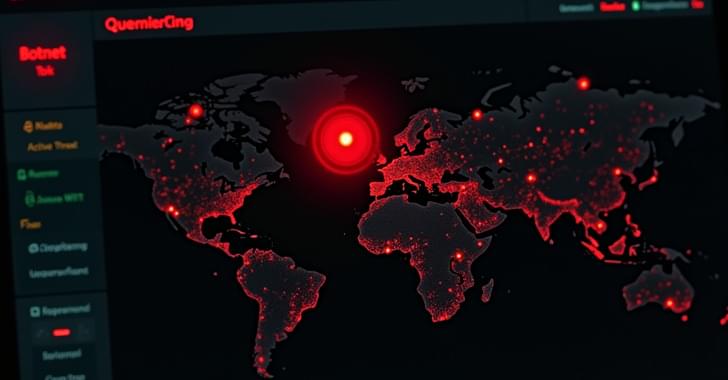Changes to actin dynamics during brain aging are not well understood. Here, the authors report that there is an age-related increase in F-actin in Drosophila brain which disables autophagy within the tissue and limits the fly lifespan.



The discovery of the quantum tunneling (QT) effect—the transmission of particles through a high potential barrier—was one of the most impressive achievements of quantum mechanics made in the 1920s. Responding to the contemporary challenges, I introduce a deep neural network (DNN) architecture that processes information using the effect of QT. I demonstrate the ability of QT-DNN to recognize optical illusions like a human. Tasking QT-DNN to simulate human perception of the Necker cube and Rubin’s vase, I provide arguments in favor of the superiority of QT-based activation functions over the activation functions optimized for modern applications in machine vision, also showing that, at the fundamental level, QT-DNN is closely related to biology-inspired DNNs and models based on the principles of quantum information processing.




The Dstat.cc DDoS review platform has been seized by law enforcement, and two suspects have been arrested after the service helped fuel distributed denial-of-service attacks for years.
The seizure and arrests were conducted as part of “Operation PowerOFF,” an ongoing international law enforcement operation that targets DDoS-for-hire platforms, aka “booters” or “stressers,” to seize infrastructure and arrest the operators.
These platforms are responsible for service disruptions to online services and can cause significant economic damages, as well as impact to the operation of critical services, such as healthcare.

A study in the journal Plant Biology by researchers from Macquarie University and international collaborators has shown for the first time that plants reuse resources from wilting flowers to support future reproduction.
Lead author Honorary Professor Graham Pyke from Macquarie University says the findings help explain a common but poorly understood plant process.
“Our research delivers the first direct demonstration that plants can salvage resources from wilting flowers and reuse these resources to promote future reproduction,” Professor Pyke says.

Black holes continue to captivate scientists: they are purely gravitational objects, remarkably simple, yet capable of hiding mysteries that challenge our understanding of natural laws. Most observations thus far have focused on their external characteristics and surrounding environment, leaving their internal nature largely unexplored.


The most observant of our readers might have already noticed a small little detail about Oasis, a caveat that only the most eagle-eyed OSINT enthusiasts would catch – it’s basically a 1-to-1 copy of Mojang’s Minecraft.
And those readers would be right. Essentially, the “first AI-generated game” is nothing more than blatant plagiarism of everyone’s favorite sandbox, trained on thousands of hours of Minecraft gameplay and recordings of corresponding user actions, which resulted in a nearly identical, but worse in every aspect, “game” with a similar visual style, UI, gameplay mechanics, fonts, visual effects, animations, and so on.
One thing that doesn’t exist in the original Minecraft but is front and center in Oasis is, of course, AI hallucinations. Those who have tried it confirm that the experience is incredibly unstable, with environments often morphing into something else when not in the player’s direct line of sight, making the “first AI-generated game” a proof of concept at best, something that its creators, to their credit, openly admit, describing the current iteration of Oasis as a “technical demo.”